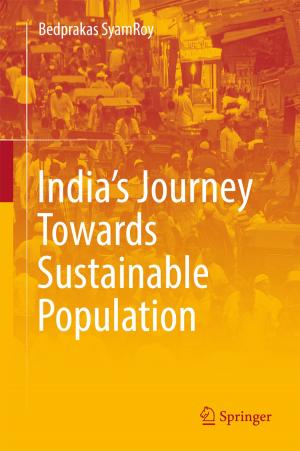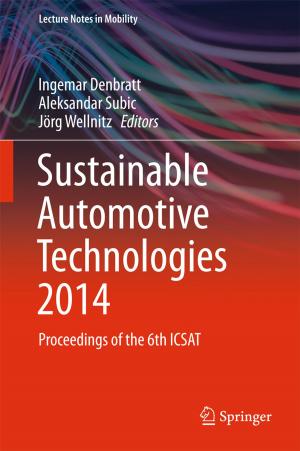African Americans in Conservative Movements
The Inescapability of Race
Nonfiction, Social & Cultural Studies, Social Science, Cultural Studies, Ethnic Studies, Sociology| Author: | Louis G. Prisock | ISBN: | 9783319893518 |
| Publisher: | Springer International Publishing | Publication: | May 23, 2018 |
| Imprint: | Palgrave Macmillan | Language: | English |
| Author: | Louis G. Prisock |
| ISBN: | 9783319893518 |
| Publisher: | Springer International Publishing |
| Publication: | May 23, 2018 |
| Imprint: | Palgrave Macmillan |
| Language: | English |
Providing an expansive view of the making and meaning of African American conservatism, this volume examines the phenomenon in four spheres: the political realm, the academic world, the black church, and grass-roots activism movements. In his analysis of their activities in these realms, Louis Prisock examines the challenges African American conservatives face as they operate within the context of (largely white) conservatism. At the same time that African American conservatives challenge the white conservative movement’s principle of “color blindness,” they are accused of being “racial mascots,” or “tokens” from those outside of it. Prisock unwinds the intricacies of black conservatives’ relationships to both the wider conservative movement and the everyday life experiences of black Americans, showing that they are as vulnerable to the “inescability of race” as any other individual in a racialized America.
Providing an expansive view of the making and meaning of African American conservatism, this volume examines the phenomenon in four spheres: the political realm, the academic world, the black church, and grass-roots activism movements. In his analysis of their activities in these realms, Louis Prisock examines the challenges African American conservatives face as they operate within the context of (largely white) conservatism. At the same time that African American conservatives challenge the white conservative movement’s principle of “color blindness,” they are accused of being “racial mascots,” or “tokens” from those outside of it. Prisock unwinds the intricacies of black conservatives’ relationships to both the wider conservative movement and the everyday life experiences of black Americans, showing that they are as vulnerable to the “inescability of race” as any other individual in a racialized America.















